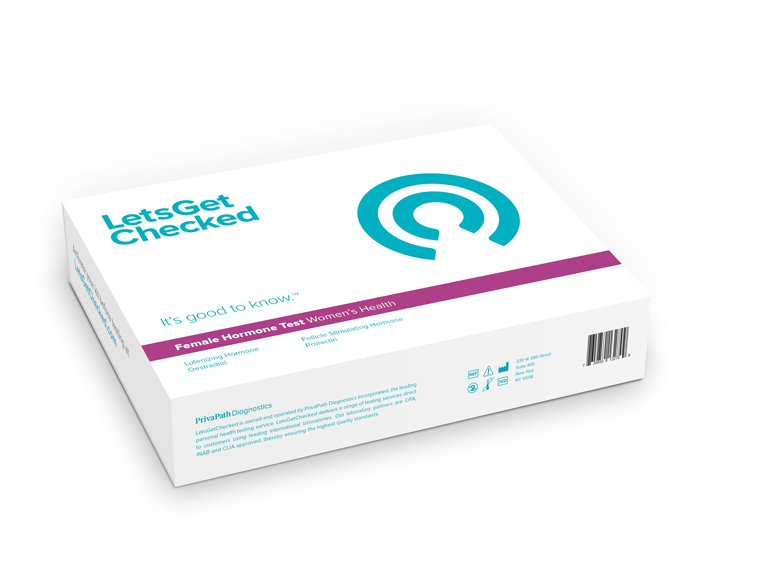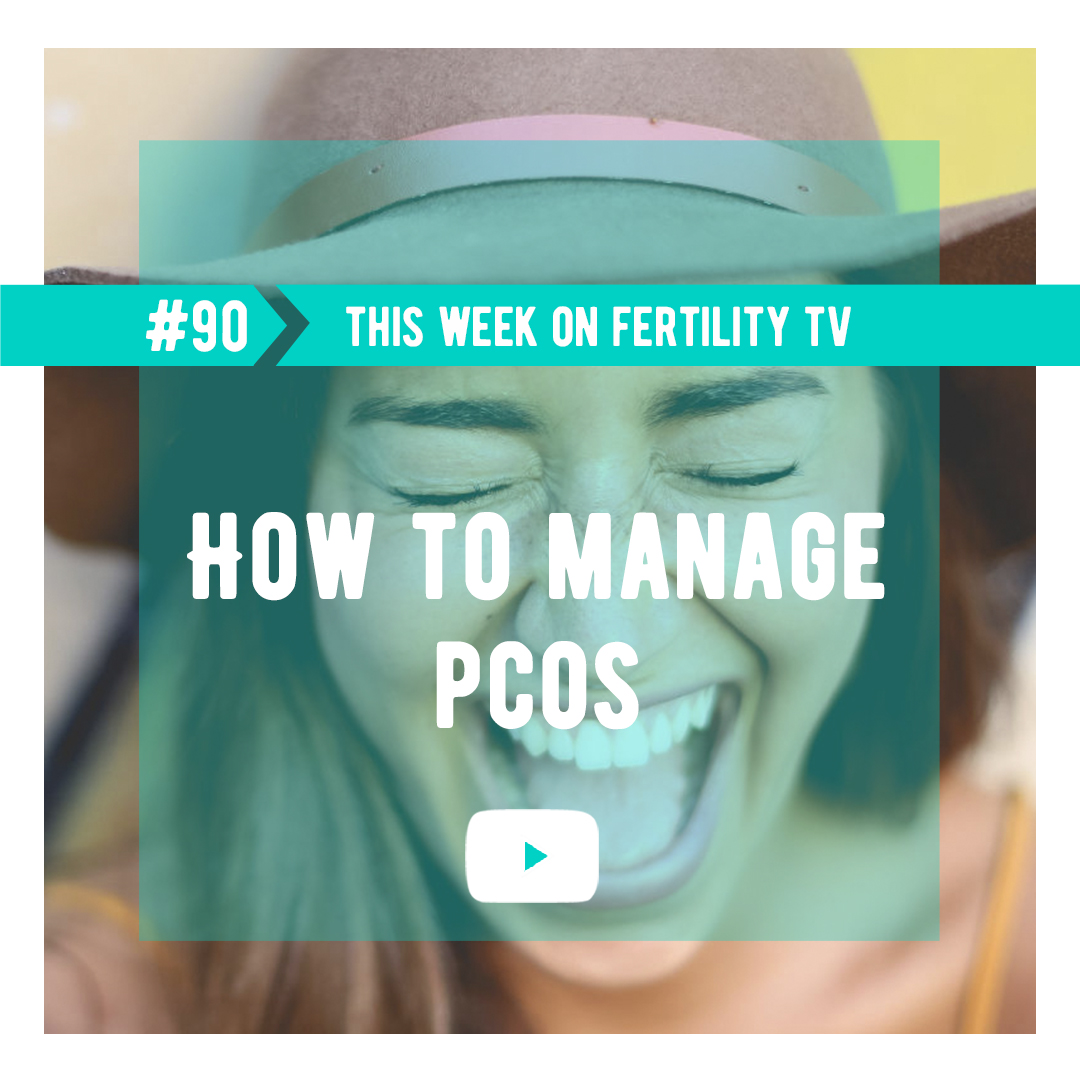This morning I had the pleasure of speaking with Susan Peirce Thompson of Bright Line Eating. When I met Susan back in August she told me about her personal fertility journey and her diagnosis of PCOS. I thought it would great to have Susan on my Fertility TV channel and on the blog. Susan is authentic and shares a similar story to many of you who are reading this. Additionally, Susan has made it her lifework to support women with their diet and nutrition through her company Bright Line Eating. Bright Line Eating brings the shine back into eating for so many women and it can help support women with PCOS.
Before you read the rest of this blog post make sure you take 15 minutes to watch my interview with Susan if you have not already seen it. When I was speaking to Susan it reminded me of a 15 year old patient who came to see me about 6 months ago. As a continuation to Susan’s story I wanted to share another with you and my 5 tips to managing your PCOS.
So about 6 months ago a 15 year old young lady and her mom came into my office. After a visit to her Obgyn she was diagnosed with PCOS. Her doc told her the “ONLY” way to manage PCOS is taking birth control. But mom and daughter decided to do some research before. That’s how they found me. And, oh I am glad they did!
”PCOS or Polycystic Ovary Syndrome is a health problem that affects one in ten women of childbearing age. BUT PCOS is manageable and treatable.” Dr. Marc Sklar, The Fertility Expert
PCOS is one of my favorite things to treat. I would say only 50% of my PCOS patients are actually trying to get pregnant. The other 50% want to manage their condition in a natural way: feel better, have a regular cycle and control the other PCOS related problems.
Today, It’s only 11am (and a busy day in the clinic) and I’ve already seen 5 patients with PCOS… Each patient is hopeful and motivated but confused by her inability to become pregnant.
With my last patient, a comprehensive history told me how much she’s already been through, but it didn’t give me the data I most need. I needed to get more information, and that meant asking about intimate details that women rarely share with anyone — sometimes even their doctors.
After a few moments of investigation and less than ten questions, I found what I was looking for — the most likely reason for her infertility. In her case, it was Polycystic Ovarian Syndrome (PCOS).
When I said the name of the syndrome, my patient stared back at me with a combination of “deer in the headlights” and “Poly WHAT?” flashing across her face. The number of women that have never heard of PCOS always amazes me because it’s actually the most common female endocrine disorder.
My practice is filled with patients with PCOS, and it’s something I love to treat. You see, PCOS is something women can learn to manage on their own with excellent results. The truth is that all PCOS patients should be able to get their hormones under control and get pregnant, NATURALLY.
Here are things you can do at home, to keep your PCOS under control:
-
- Managing Your Exercise:
Exercise is a very important aspect to manage your PCOS. It improves insulin sensitivity, frequency of ovulation, cholesterol and body composition.
Often, women are told they have to exercise more. However, for many of you actually exercising more can make your PCOS worse. There’s really no right solution or no ‘one-size-fits-all’. We’ve got to find the right combination, individually.
If you’re a bit overweight and you need to lose more weight, then increasing and upping your exercise will be great for you. But if you’re one of those more atypical PCOS types and you’re rather on the thin side, then increasing and upping your exercise is really not ideal.
Pull back on intense exercise patterns that you might do like cross fit. Don’t go for intense exercises if you haven’t been doing them. As a general rule, exercise daily and for at least an hour every day. Consistency is the key. You can just go for a walk every day, a light run, a great swim – anything like that, but you wouldn’t want to go for those crazy weight-lifting programs that you see out there.
- Manage Your Stress:
Research shows that women with PCOS are more sensitive to stress than other women are. Research also shows that women with PCOS have a higher risk of an unsuccessful pregnancy than normal women do, so it’s critical for you to effectively manage stress.
When it comes to stress you got to find the key things that work for you and then do those consistently; exercise might be part of that. There’s got to be other things that you can do that are more relaxing and allow you to pull away from the day-to-day stressors and things that consume your mind like art or something like that.
 EMPOWER PCOS eCourse:
EMPOWER PCOS eCourse:
Who is this for: Any women with PCOS, trying to get pregnant or NOT.
Includes: Members site, Video Tutorials, Support WorkSheets
This ecourse if the first step to control your PCOS, a common fertility issue. We believe all patients with PCOS should be able to get pregnant naturally, once they have their hormones and PCOS under control. With this ecouse you’ll learn what nourishing foods you should eat to control your PCOS and hormone levels, how to eliminate inflammatory and hormone disrupting elements to help your body heal forever. You’ll understand why lab work and medical testing (and which one) is important to determine your progress. Information is power, you need this to be in control of your hormones and PCOS free live.
3. Manage Your Cycles:
If you have PCOS, high levels of androgens (‘male’ hormones) and excess insulin can disrupt the monthly cycle of ovulation and menstruation. In other words your periods may be ‘irregular’ or stop altogether.
You’d want to manage your expectations on what you want your cycles to look like. The ideal cycle that we’re opting for is about 28 to 30 days and that’s what every woman would ideally like when they’re trying to get pregnant but for some patients out there and many of you who have PCOS, that’s just not realistic.
It’s critical to look for consistency and predictability. Once we know that you’re always going to menstruate around day 40, we can start counting backwards. You can plan intercoure during ovulation. It makes everything much easier. So we’re going to look to manage our expectations on what a cycle should look like. It might be 50 days; it might be 35 days. We’re looking for regularity for you. That’s the most important thing.
-
- Managing Your Blood Sugar:
Sugar wreaks havoc on the health of women with PCOS. With the majority of my PCOS patients, managing blood sugar is going to be the key, because that has a direct impact on your ovarian health and follicular development in PCOS. You can manage your blood sugar by managing and controlling your carb intake and your sugar intake.
Of course carbs taste awesome; they fill us up; they make us feel satiated, but in reality we need to cut back on those. This might be the hardest thing for you to do but it’s probably the most important! So, start to look at your carb intake and manage that and control that.
Take baby steps but really make a good conscious effort to start cutting those out and really focus on protein, fat and veggies. Finding the right PCOS diet can be very easy if you know how. In my PCOS ecourse I give you all the keys to set the foundation for a PCOS friendly diet you’ll want to keep for life! All the PCOS patients following the PCOS ecourse agree, they feel so great following this nutriiton guidelines and they see changes SO fast, they never want to go back eating non PCOS -friendly
5. Manage Your Testosterone Levels:
If you have PCOS, your ovaries produce an excess of male hormones called androgens. Testosterone is one of the androgens. Excessive testosterone can lead to a number of troublesome symptoms, such as acne, excess body hair and fertility problems. So testosterone and androgens are a big deal when it comes to PCOS, Hence we’d want to make sure that those get controlled and managed. Exercising caution with alternative treatments, using conventional medicine, doing light exercise, and switching over to a low-carb diet can reduce testosterone level in your body.
Additionally, there are some things that you can do to start to decrease testosterone levels in the body and one simple thing is just increasing your intake of green tea. Make a nice cup of loose-leaf green tea, 2 or 3 times a day and then just sip on that. You can have it a little bit iced if you want, or not so warm and that should help as well.
It’s not the end-all be-all when it comes to detoxing or eliminating testosterone but it’s definitely a nice addition to your regular daily routine. Detoxification pulls extra hormones out of our body and start to excrete them.
Hopefully that gets you started on the right step!
Get tested for PCOS
Want to find out for yourself if you have undiagnosed PCOS? Then take these tests! These female hormone tests, ovarian reserve tests and diabetes tests will be able to shed some light on what is going on with your reproductive and hormonal health, and will be able to tell you whether or not you might have PCOS. 
You order them online and take them from home – and receive the results 5 days later. If you’d like help understanding your results and finding out what they mean and what you should do, you should book a consultation with myself or one of my incredible Fertility Experts to have them reviewed and a PCOS plan created for you.
PCOS is manageable. Adopting the right strategy can greatly help in reducing (and even curing) PCOS symptoms and in conceiving. I’ve helped thousands of women with PCOS, I can help you too!






